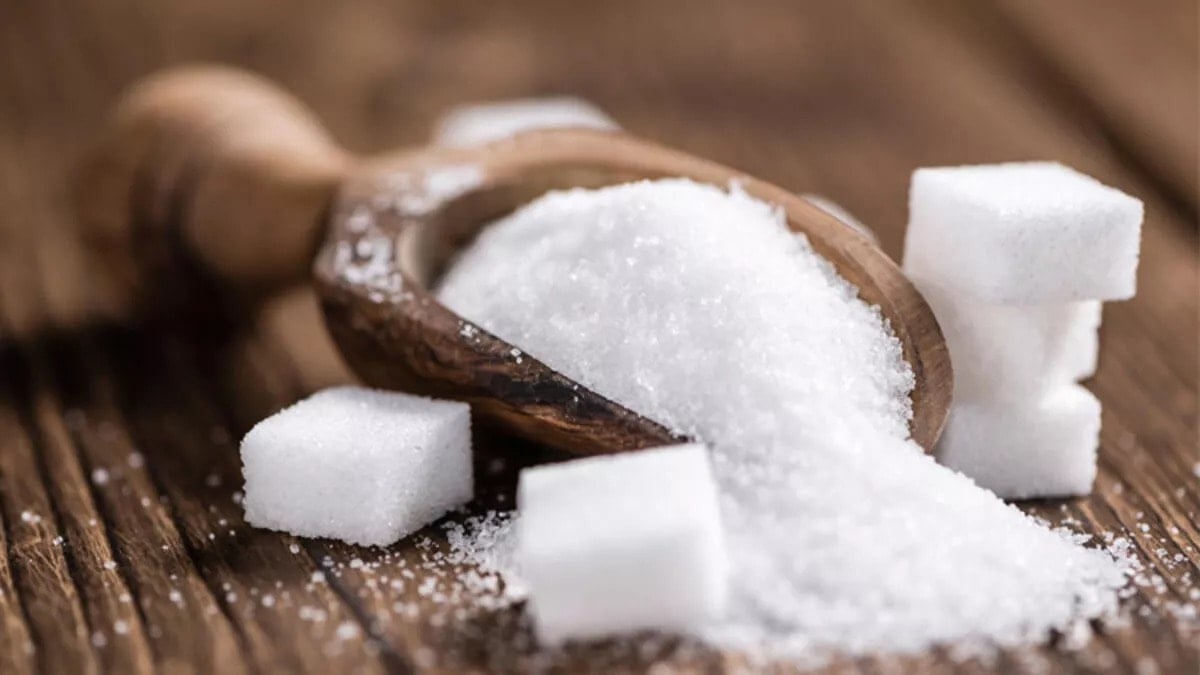Live long, live well: Science cracks the code to longevity

In the early 1900s, the average life expectancy worldwide was around 47 years. Today, in some countries, this figure has exceeded 83. In Japan, the number of people over 100 is increasing by 4% each year. Where does medicine stand in this change? More importantly: Is it possible to not only “live long” but also “age well”?
What is aging? Is it possible to slow it down?One of the most fundamental debates in modern medicine is whether aging is a disease. Scientists seeking answers to this question now accept that aging is not just a 'progression of time' but a deterioration and loss of energy at the cellular level. Understanding aging is the first condition for slowing it down. Shortening of telomeres, mitochondrial dysfunction, protein accumulation, epigenetic changes and circadian rhythm disorders are scientifically considered among the basic biomarkers of aging (Nature Aging, 2023).

1. Irregular sleep: Not going to bed at the same time every night disrupts the release of melatonin and major repair hormones. 2. High sugar consumption: Both the skin and vascular systems wear out faster due to glycation. 3. Sedentary lifestyle: Inactivity reduces the number of mitochondria. Muscle mass decreases. 4. Excessive stress: Cortisol reduces immunity and wears out telomeres. 5. Wrong eating hours: Eating late disrupts the circadian rhythm and slows down the metabolism.
What can we change to stay young?- Sleeping before 23:00 ensures maximum secretion of melatonin. - Regular exercise both renews mitochondria and prevents muscle loss. Walking or resistance exercise for 150 minutes a week delays muscle aging. - Reducing sugar consumption slows down both vascular and cell age.
Vitamin D, omega-3 and B12 supplements strengthen defenses that decline with age (Harvard Health Publishing).
A test: Measure your age from movement: Do squats and stand-ups for 1 minute. How many repetitions could you do? - Over 40: Excellent - 30–39: Good - 20–29: Average
- Under 20: Your biological age may be advanced.
The population over 90 is rapidly increasing worldwide. Instead of "accepting aging", scientists are now working on "slowing down and managing" it. Scientists have begun to discover ways to slow down aging, if not stop it completely.
What is Longevity?Longevity literally means long life, but in modern science, this concept refers not only to the number of years but also to the quality of those years. Experts are now focusing not only on “chronological age” but also on “biological age”. In other words, how old the body looks, how much damage it has sustained, and what level of cellular wear it is at. “Your heart may be 60 years old, but your muscles may be 45, and your veins may be 70.” (Source: Harvard Medical School, Aging Biology Review, 2023)
Ways to find out your biological ageYour calendar age is the age written on your passport. But biological age shows how many years your cells have actually worn out. So how can we measure this age? Tests performed at home or in the clinic - Epigenetic clock: It estimates biological age based on DNA methylation. It is usually laboratory-supported. - Blood markers: Biochemical levels such as IGF-1 (growth hormone), CRP (inflammation level), HbA1c (blood sugar control), creatinine provide information about your biological age. - Eye test: There are devices that estimate brain age based on the age of the vessels in the retina.
- Things you can do at home: Monitoring basic parameters such as heart rate, sleep quality, muscle strength, reflex speed gives a rough idea of biological age. For example, applications such as 6-minute walk test, VO2 max, balance test.
How reliable is it?None of these tests are absolutely accurate on their own. However, when more than one is interpreted together, they provide a scientific idea about your aging rate. Some private clinics offer these tests as a package called a “longevity profile.”
What are the mechanisms that lead to aging?According to scientists, aging is not a random destruction, but a definable process. There are 9 main biological reasons that determine aging.
These are; Genetic instability, Telomere shortening, Epigenetic changes, Protein imbalance, Mitochondrial dysfunction, Cellular aging (senescence), Stem cell depletion, Cellular communication disruption and Metabolic perception disorders... Each of them is a separate aging mechanism and each of them can be targeted today. Let's open some of the titles: (The Hallmarks of Aging / 2013, Cell).
1 Telomere shortening: Cells in the human body can divide a limited number of times. This limit is called the “Hayflick limit”. With each cell division, telomeres that protect the ends of chromosomes shorten. When telomeres are completely exhausted, the cell dies or loses its function (Nature Aging). This biological process is an inevitable signal of aging.
2 Mitochondrial fatigue: Another factor is that mitochondria, the powerhouses of cells, become damaged over time. As we age, mitochondria accumulate DNA damage and work less efficiently. This damage causes signs of aging in the body, such as fatigue, weakened immunity, and muscle loss. (Harvard Medical School, 2022)
3 Epigenetic clock: The age of our cells is determined not only by the calendar year, but also by chemical modifications of our DNA. Epigenetic changes such as “DNA methylation” have become one of the strongest indicators of biological age (Horvath Epigenetic Clock).
4. Accumulation of protein waste: The failure to clear misfolded proteins is at the root of many diseases of aging, including Alzheimer's. Aging cells become unable to eliminate these wastes.
5 Inflammaging (Chronic inflammation): Low-level inflammation that continues in the body, even in the absence of visible infection, wears out cells. The risk of cardiovascular disease, diabetes and cancer in older individuals is directly related to this.
Tomorrow:- Drugs that slow down aging in 8 items - Longevity Molecules: NAD+, NMN, Does metformin work? - Is metformin only for diabetics? - Can rapamycin slow down aging by 20%?
Why should those with a history of cancer be cautious about these supplements?
SÖZCÜ





